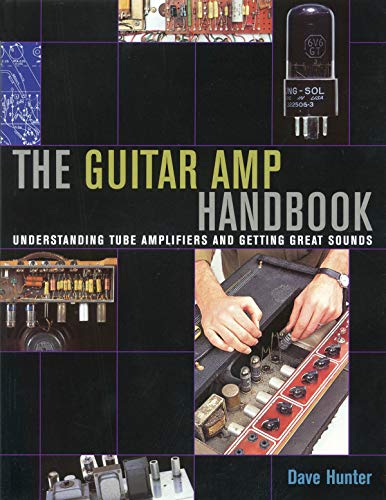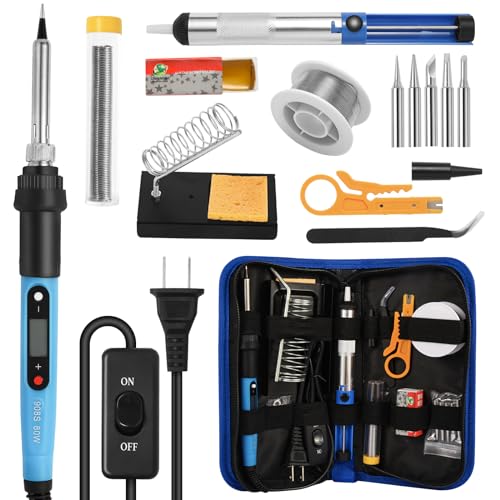Why aren't there more options out there for high-quality compact desktop line level mixers? It seems like these would be popular for hybrid ITB/OTB mixing. I'd love something with around 12 channels (or 8 channels and FX returns), and simple controls (maybe trim, HPF, pan, auxes, solo, mute, fader). The closest I've seen is the Speck VF10M, which only has solo, mute, and fader, and costs $2800!
There are plenty of cheap prosumer mixers out there from Yamaha, Mackie, A&H, etc...but those all have far more features than I want, and implement them cheaply (more things to fail, more cheap parts in the signal path, etc). Something like the SSL SiX gets close, but costs too much for what it is.
I'd love something like a modern interpretation of the Studer/Revox C279 for around $1,000-$1,500.
Am I alone here? Is everyone else happy just mixing in the box or out on a huge console? Are there other options I'm overlooking?
There are plenty of cheap prosumer mixers out there from Yamaha, Mackie, A&H, etc...but those all have far more features than I want, and implement them cheaply (more things to fail, more cheap parts in the signal path, etc). Something like the SSL SiX gets close, but costs too much for what it is.
I'd love something like a modern interpretation of the Studer/Revox C279 for around $1,000-$1,500.
Am I alone here? Is everyone else happy just mixing in the box or out on a huge console? Are there other options I'm overlooking?


































